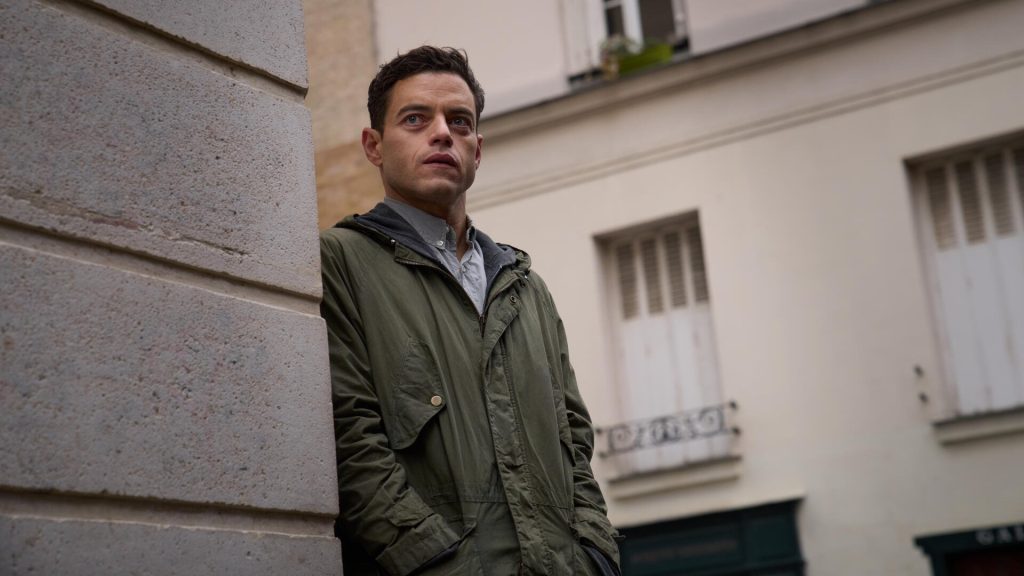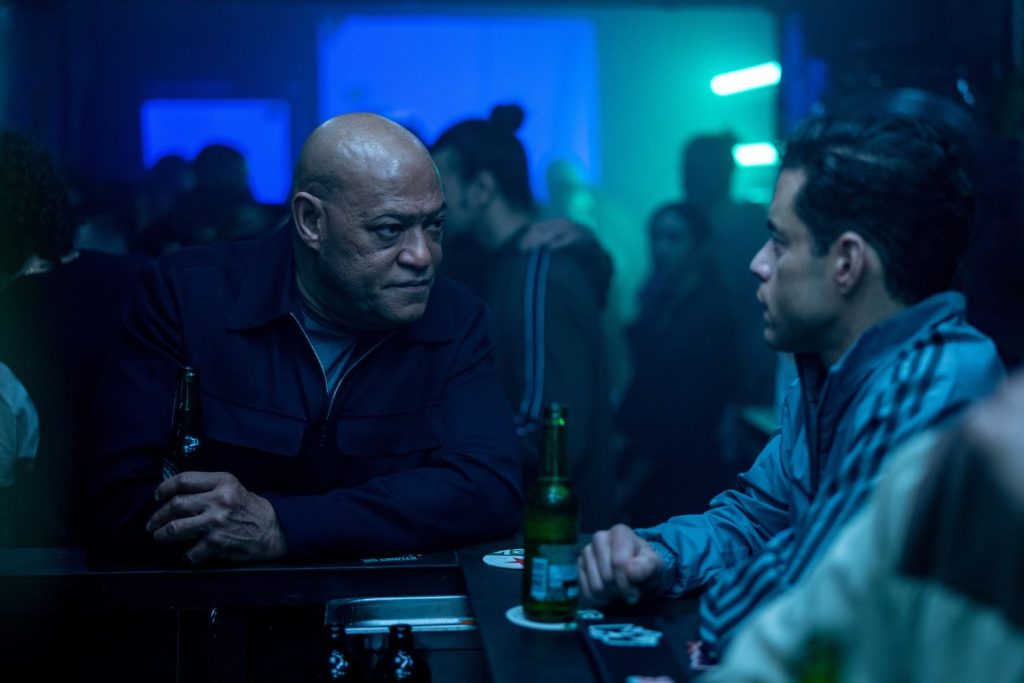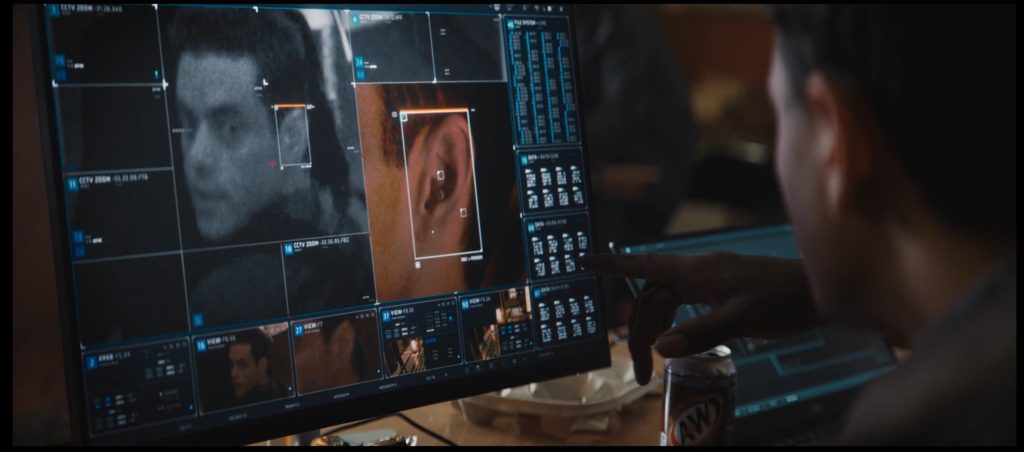
In the golden age of Cold War spy thrillers, tension lived in alleys, hand-offs, and whispers. Today, espionage has shifted to keyboards, codes, and silent battles waged in cyberspace. The Amateur, directed by James Hawes, leans fully into this digital reality. That choice is bold—but it’s also the film’s greatest gamble.
Charlie Heller, a brilliant CIA cryptographer, lives a life far removed from field missions and gunfire—until his wife is killed in a terrorist attack overseas. When the agency fails to act, Charlie takes matters into his own hands. Using insider knowledge, he forces his way into covert training and embarks on an unauthorized mission to hunt down those responsible.
From the quiet corners of codebreaking rooms to the tense streets of European cities, Charlie’s journey turns into a high-stakes game where every move is improvised and every mistake could be his last. What begins as a personal quest for revenge unravels into a dangerous web of secrets, forcing him to outthink enemies who live in both the shadows and the digital world.
The Amateur traces his journey from screen-bound analyst to reluctant avenger, across a world where espionage has gone cold and digital. Every move is calculated, every risk personal, and every choice could turn the hunter into the hunted.
Modern spy games don’t come with roaring car chases or rooftop acrobatics. They come with hacking, tracing, and screens lighting up in the dark. Hawes embraces this authenticity, and the result is a film where the “chase” is literally a dot moving across a GPS map. That’s true to life, yes, but it doesn’t always translate into edge-of-your-seat cinema. Unlike a screen-driven thriller like Searching, which turns its format into a creative weapon, The Amateur keeps things conventional, relying on its cast to keep the tension alive.
This divide is crucial: tech-savvy audiences—coders, gamers, developers, anyone who lives and breathes digital warfare—might appreciate the realism. Action seekers, however, expecting a Bourne-like adrenaline rush, will likely walk out underwhelmed.

Rami Malek anchors the entire film with his raw and grounded performance. As Charles Heller, a CIA analyst thrust into the field after personal tragedy, he is not the typical super-agent. He trembles, stumbles, bleeds, and yet persists. Malek turns what could have been a generic revenge arc into something human and believable. His grief doesn’t just drive him—it shapes every move he makes.
Then there’s Laurence Fishburne, a legend given a role that barely justifies his presence. His mentor figure, Robert Henderson, feels like an afterthought—a name to draw audience goodwill rather than an essential cog in the narrative. His screen time is short, his impact minimal, his character forgettable.
James Hawes, celebrated for his television work, brings that same DNA to the big screen. You can see it in the way he frames character moments and builds atmosphere—intimate, deliberate, and patient. For some, this will feel refreshing. For others, it will feel like a series that forgot to cut to the chase. Still, there’s intent here: in a world where most audiences stream films at home, Hawes seems to have crafted a cinematic experience that also feels at home on a living room screen.
Cinematography deserves its due. The film’s locations—Paris, Madrid, Istanbul, the Baltic coast—are captured with moody authenticity, each city breathing espionage. When the movie leans into its spy thriller roots visually, it shines. Yet critics have noted, and rightly so, that the palette sometimes drowns action clarity in shadows. Style over substance creeps in.

One of the film’s more polarizing choices is its emphasis on intellect over spectacle. Heller uses tech-based tactics—lock-picking tutorials, allergy traps, pool decompression tricks—ingenious on paper, but not always exciting to watch. This cerebral approach aligns with films like Tinker Tailor Soldier Spy more than Mission: Impossible. It’s deliberate, methodical, and, for some, too clinical.
One of the most compared movies is Jason Bourne though it combines grit with kinetic clarity and Spy Game thrives on mentor-protégé tension, The Amateur feels cold and restrained, a puzzle box that values brains over heart. It scratches at moral questions—revenge, CIA corruption, the cost of intelligence—but never digs deep enough to leave a mark.
The Amateur is a film caught in its own web: authentic to modern espionage yet struggling to make that authenticity cinematic. It’s slow, not boring—but slow like a download bar creeping to 100%. Malek’s performance is magnetic, Hawes’ direction smartly atmospheric, and the locations immersive. But the emotional stakes waver, the supporting cast fades, and the action never quite ignites.
For tech-savvy viewers and fans of cerebral spycraft, it’s a rewarding watch. For those craving old-school thrills, it may feel like a dot moving across a screen—realistic, yes, but not the kind of chase that gets the heart racing.
Rating: ★★★★★★✩☆☆☆ (6.5/10)
